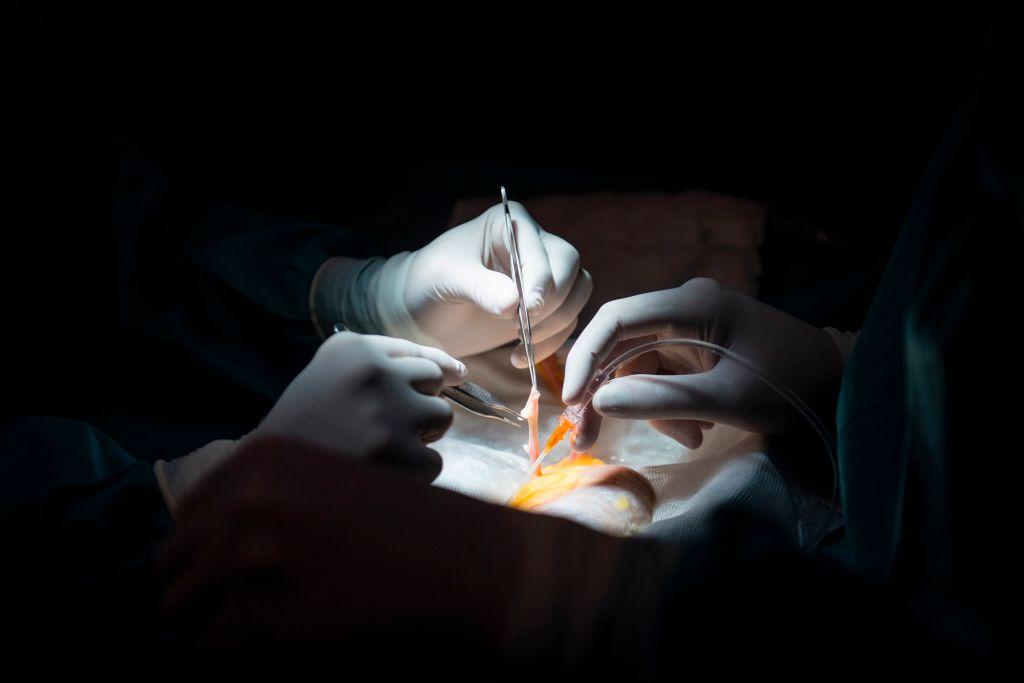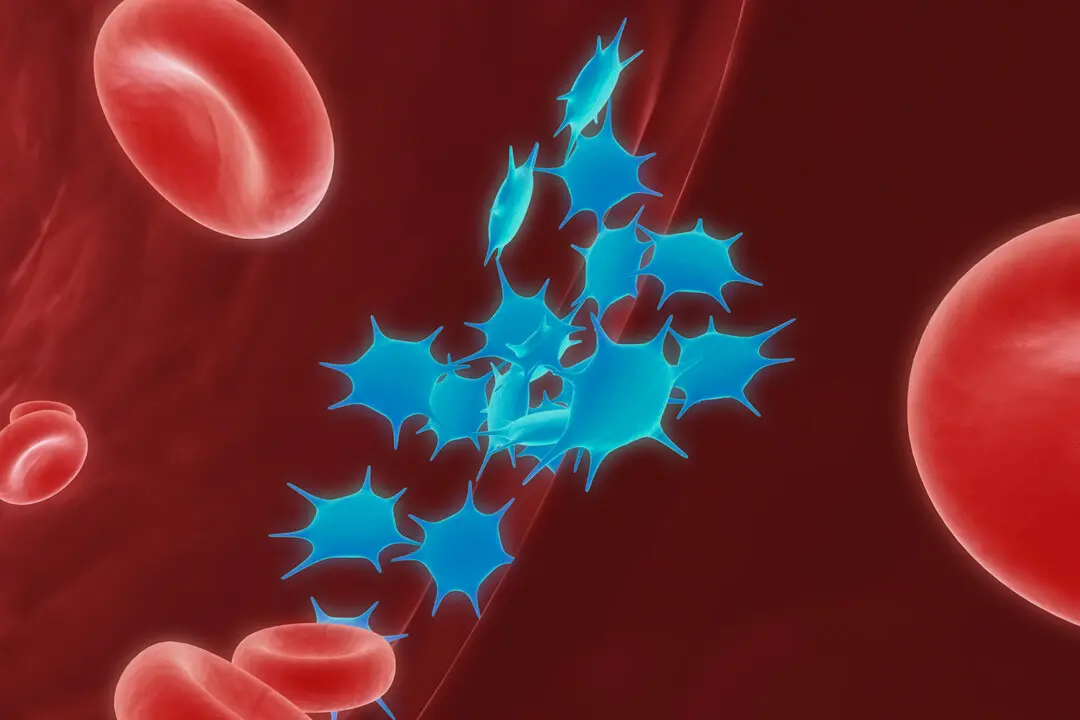Most of us will never need a transplant, but for the people who do, transplants can be lifesaving.
After transplant operations, recipients are told to follow a strict drug regimen to make sure their organs are not rejected by their own immune system. Rejection can result in transplant failure and necessitate removal of the donor organ.






